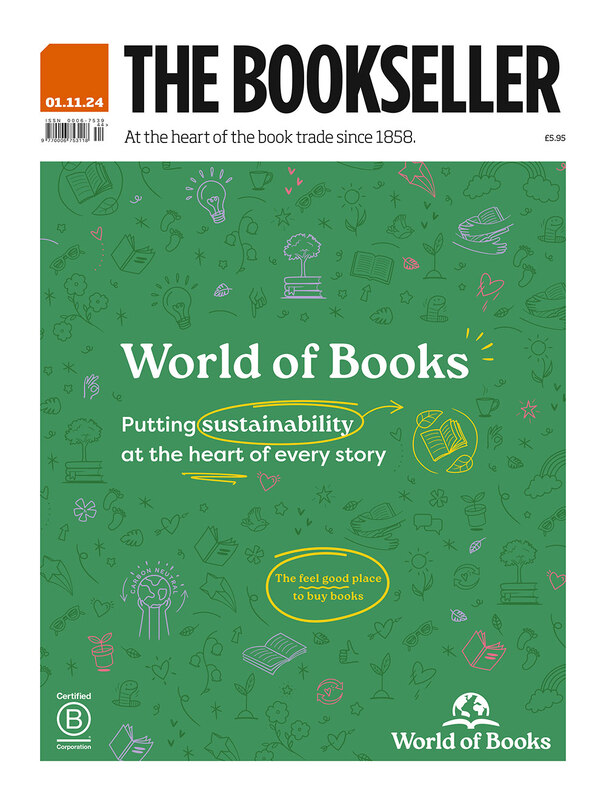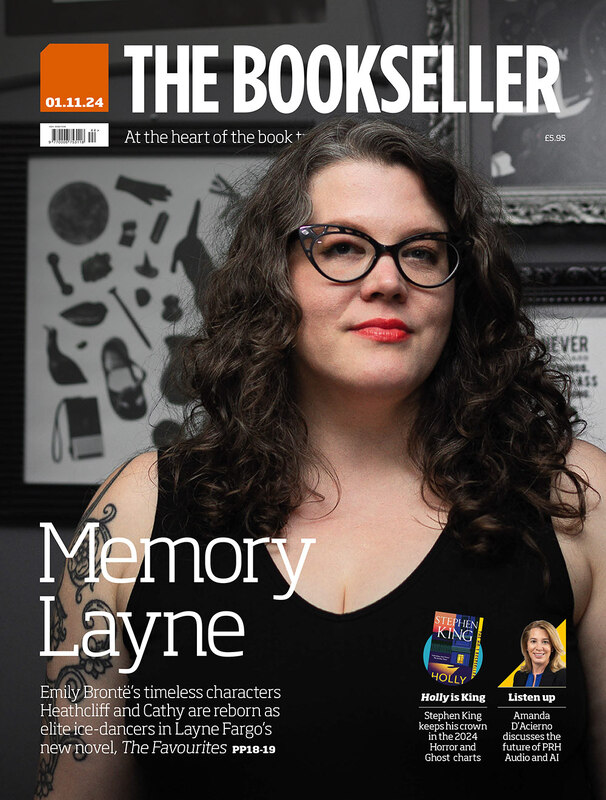You are viewing your 1 free article this month. Login to read more articles.
Question how you hire
Most of us will have been to at least one job interview where we felt a real connection with our interviewer. Whether through a shared passion for Harry Potter or a mutual connection to a person or place, we are drawn to the comfort and familiarity of people who are just like us. If you got the job after that interview, you have likely benefited from hiring bias.
Hiring bias happens all the time and is mostly unconscious. It occurs when the people interviewing you end up offering you a job over somebody else because they really liked you, without objectively testing and comparing your skills with other candidates to reach a fair decision.
The problems are complex, but thankfully there are simple steps which can be taken to solve them. By adopting a skills-based recruitment model, publishers can debias their hiring processes and attract, hire and retain diverse talent
Hiring bias is dangerous because it’s inconspicuous and deeply ingrained. It hampers diversity efforts and creates homogenous teams. The publishing industry is not immune to its influence.
Recent figures have reported an increase in the number of women, LGBTQIA+ and disabled people in publishing roles. But the representation of minority ethnic groups has stagnated at around 13% for half a decade. From agents and authors right through to booksellers, there is a desperate lack of Black, Asian and minority ethnic talent among publishers’ ranks. This needs to change — and implementing skills-based hiring could help.
Publishers know better than anyone that you can’t judge a book by its cover. And yet the way we traditionally hire perpetuates discriminatory biases. Despite having identical skill sets and experience, a "Mohammad" is instantly three times less likely to get invited for an interview than an "Adam". Thanks to something called "recency bias", a hiring manager who assesses applications in alphabetical order is more likely to remember the ones they read last. And the "halo effect" comes into play when our first impression of someone subconsciously affects how we feel about their character, skills, or the rest of their job interview. These biases (and many others) cloud our judgement and are impeding diversity.
The problems are complex, but thankfully there are simple steps which can be taken to solve them. By adopting a skills-based recruitment model, publishers can debias their hiring processes and attract, hire and retain diverse talent.
Skills-based hiring is when we test candidates objectively, based on the degree to which their skills align with those required for a specific role. Hiring for skills is three times more predictive than CV screening; and 60% of people hired through skills-based processes would be missed by traditional CV sifts. Among those missed are minority ethnic groups, who are up to four times more likely to be hired through a skills-based assessment.
To implement skills-based hiring, you need to start with the information you ask candidates to provide. Instead of asking for CVs, set work sample questions which test candidates for skills based on role-specific scenarios. When screening candidates, anonymise applications and randomise the answers, giving each response a score. By adding scores up at the end you can work out which candidates come out on top, while removing opportunities for the halo effect or recency bias to influence outcomes. Platforms such as Applied can help automate this process.
For smaller publishing houses and independent booksellers with limited resources, stripping applications of identifying information is the most simple yet effective way to start making recruitment processes fairer. Positive action such as diversity targets and other initiatives can also be used to drive change, but these must be informed by transparent reporting on diversity and pay; and form part of a wider strategy that also involves rethinking the way you hire.
We know that it works. Not only does skills-based hiring dramatically boost diversity, but it can also help tackle the pressing retention issues which are being seen across the board. Skills-based hiring sees turnover rates drop from 17% to 7% within the candidate’s first year, simply because they have the skills needed to thrive in their role.
Through my work with HarperCollins and Penguin Random House, I’ve seen that change is possible in publishing — and that new approaches can be implemented at scale. The precise tools you use in your organisation might vary, but the ultimate aim should always remain the same: to remove human bias and identify the candidate who is the best fit for your role, based on skills and merit alone.
Khyati Sundaran is an expert on de-biased hiring and c.e.o. of de-biased recruitment experts Applied.


















